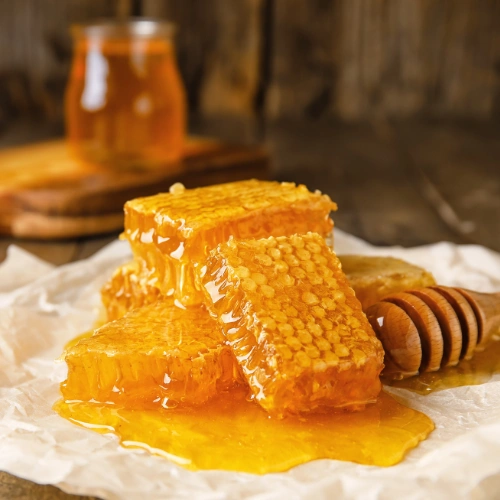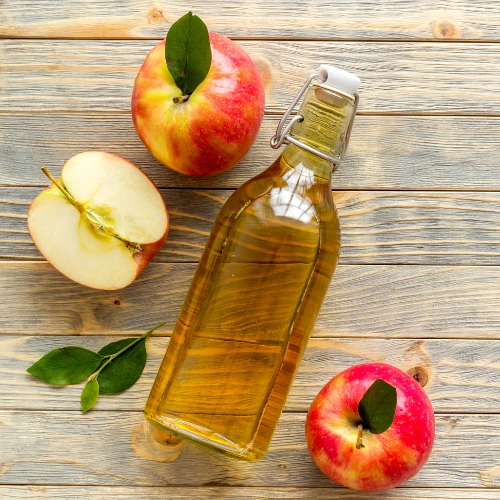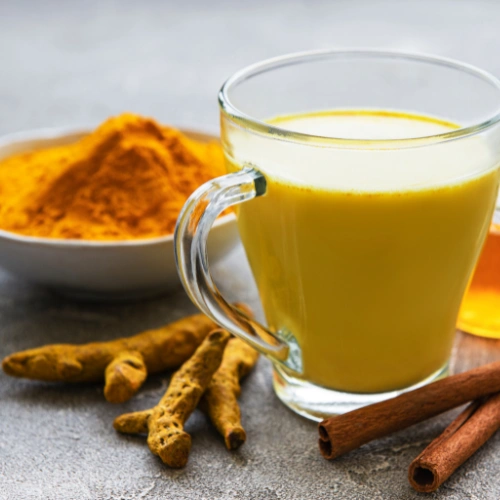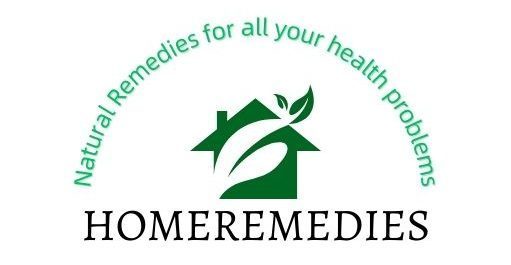When spring is in the air, so are sneezes. Seasonal allergies – also known as hay fever or allergic rhinitis – affect millions every year. Runny nose, itchy eyes, sinus pressure, and fatigue can make even the sunniest days miserable. Luckily, nature offers its own set of remedies that can help reduce symptoms without relying heavily on medication. Let’s explore the best home remedies to soothe your seasonal allergies naturally.
Common Seasonal Allergy Triggers
Seasonal allergies are often caused by allergens floating in the air during certain times of the year. The most common include:
- Tree pollen (oak, birch, maple, cedar)
- Grass pollen (Bermuda, rye, timothy, Kentucky bluegrass)
- Weed pollen (ragweed, pigweed, sagebrush)
- Mold spores (especially in humid, damp areas)
- Flower pollen (sunflowers, daisies, and chamomile)
- Dust and airborne particles that increase in spring and fall
7 Natural Home Remedies for Seasonal Allergies
1. Local Raw Honey

Why it works: Contains trace amounts of local pollen, which may help desensitize your body over time.
How to use: Take 1 teaspoon of raw, local honey daily—preferably before allergy season starts.
2. Saline Nasal Rinse

Why it works: Flushes out pollen and irritants from your nasal passages.
How to use: Use a neti pot or saline spray with distilled or boiled (and cooled) water mixed with salt. Rinse daily or when symptoms appear.
3. Apple Cider Vinegar

Why it works: May reduce mucus production and support lymphatic drainage.
How to use: Mix 1 tbsp with a glass of warm water and drink up to 2 times a day during allergy season.
4. Quercetin-Rich Foods

Why it works: Natural antihistamine found in apples, onions, broccoli, and citrus.
How to use: Add more of these foods to your daily diet, or consider a quercetin supplement after consulting with a healthcare provider.
5. Steam Inhalation with Essential Oils

Why it works: Eases congestion and clears nasal passages.
How to use: Add 3–5 drops of eucalyptus or peppermint essential oil to a bowl of hot water. Inhale steam for 10 minutes with a towel over your head.
6. Turmeric Milk (Golden Milk)

Why it works: Anti-inflammatory and immune-supporting.
How to use: Mix 1 tsp turmeric powder with a cup of warm milk (dairy or plant-based) and drink before bed.
7. Probiotics

Why it works: Supports gut health, which is linked to immune response and allergy control.
How to use: Eat fermented foods like yogurt, kimchi, kefir, or take a probiotic supplement daily.
When to See a Doctor
While home remedies can ease mild to moderate allergy symptoms, they might not be enough for everyone. If your symptoms are severe or not improving, it’s important to consult a doctor or allergist.
⚠️ Warning Signs You Shouldn’t Ignore:
- Difficulty breathing or wheezing
- Severe sinus pressure or pain
- Swelling around eyes or face
- Hives, rash, or skin swelling
- Allergies that interfere with daily life or sleep
- Over-the-counter meds not working
A doctor may recommend allergy testing, prescription medication, or even immunotherapy (allergy shots) for long-term relief.

